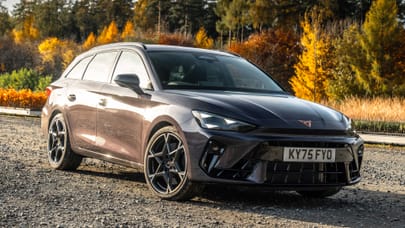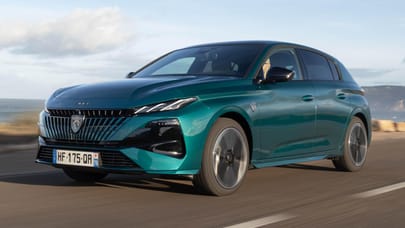
Mythbusting the world of EVs: are electric cars cheaper to tax and run?
EV drivers pay little tax at the moment, but the electric-only future raises a couple of problems
Myth: EVs are cheaper to tax and run
We have a fixed date to switch new cars to ZEV. We’re neglecting to plan other necessary changes. Electric drivers pay little tax at the moment. It’s just five per cent VAT for the energy if charged at home. Petrol drivers pay something above 100 per cent in duty and VAT. For company car drivers the difference in BIK is even starker. A 40 per cent taxpayer choosing between a 4 Series Gran Coupe petrol and the equivalent i4 would be £8,000 a year better off if they went electric.
The government – which means the people, assuming we are a functioning democracy – wants to encourage electric cars. Two problems. First, the tax breaks help only those who can afford a new car. Second, if the incentives work and people switch to EVs, total fuel tax revenue will fall, meaning less money for the NHS, schools and pensions. The RAC Foundation predicts a £5bn drop as soon as 2028. For context that would be about 0.5 per cent of total tax revenue by then.
We could persist with fuel duty but raise electricity tax. EVs are web-connected so you could report their kWh use to HMRC. Or we could end fuel duty and have road pricing. Just report your mileage, like you report your earnings. The tax per mile could be adjusted for whether it’s ICE or electric, with potential for other more subtle factors including weight of the car, income, and even postcode so rural villagers who have to drive more don’t suffer.
Top Gear
Newsletter
Thank you for subscribing to our newsletter. Look out for your regular round-up of news, reviews and offers in your inbox.
Get all the latest news, reviews and exclusives, direct to your inbox.
Trending this week
- Car Review
BMW 1 Series
- Top Gear's Top 9
Nine dreadful bits of 'homeware' made by carmakers








